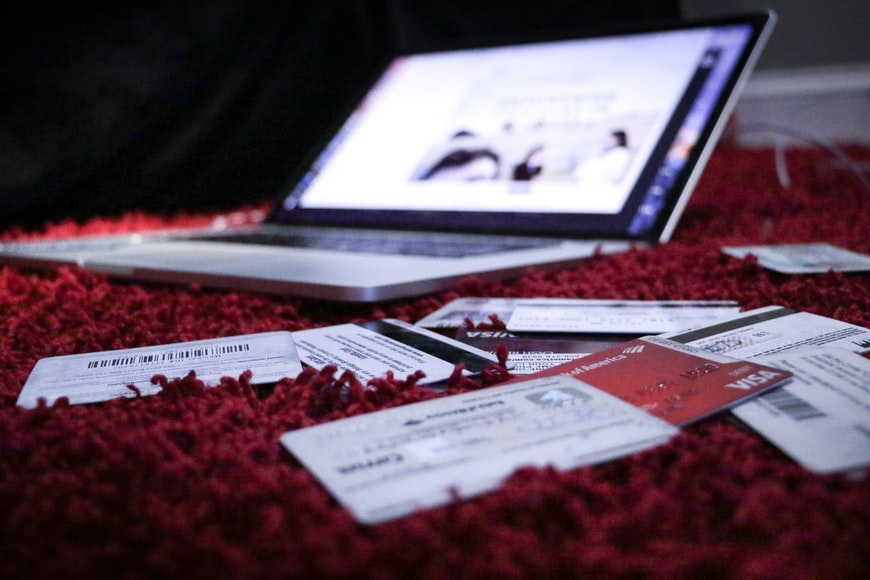It’s a bad feeling to awake each morning knowing your debt still there, and worse, it may have even grown. You try to ignore the problem, but you can’t, and it won’t get better unless you act. So you may as well get the proverbial show on the road. But which financial strategy should you use? Here’s what you need to know about debt relief and how to find effective debt relief partners.
What is Debt Relief?
It’s a broad term that could mean getting a better interest rate, eliminating your debt through bankruptcy, or getting your payment schedule changed to reduce the amount of your monthly outlay. In all, the term refers to any approach that makes debt easier to manage. Let’s look at some of the most popular forms of debt relief.
Credit Counseling and DMPs
Here, you can get help from a non-profit credit counseling agency, usually for free or a nominal fee. Such certified counselors provide financial education, sometimes including workshops, plus help with budgeting and other areas of money management. The goal is to get and keep you out of debt.
If your problem is more severe, the counselors might recommend that you enroll in what’s called a debt management plan to get you back on solid financial ground. The counselors help establish an agreement between you and your creditors wherein you make a monthly payment to the counseling agency, which disburses the funds to your creditors. You likely will get lowered or waived fees or finance charges. The rub is that if you miss a payment you’re out, and that you can’t open any new credit card accounts while you’re in the program.
Debt Settlement
One of multiple possible debt solutions, this approach has you hiring a company like Freedom Debt Relief to see whether your creditors would be agreeable to letting you pay just a portion of what you owe, in a one-time payment in full, to settle your debt once and for all. You can likely pull it off because the folks you owe know full well that if you file bankruptcy – the strategy of last resort – there’s every chance they’ll come away empty handed.
After a session during which your situation is sized up and a payment plan is established, you’ll start dropping funds monthly into a savings-type account that you control and is backed by the government. Once you’ve saved enough, your company’s negotiators will use your account as leverage to try to settle each of your balances. Once each debt is settled and approved by you, payment will come from your account.
Bankruptcy
As we say, this strategy is usually chosen as a last resort due to the time the filing stays on your credit report – between seven and 10 years. During that time, you’ll have a difficult time getting credit, if you can get any at all, and you may even have trouble renting an apartment.
You have two options: Chapter 7 or 13, in which you may be forced to relinquish some assets or receive from the court a long-term payment plan.
Mortgage Re-fi
If you own your home and have good credit, you may be able to consolidate your obligations with a mortgage refinance or home equity loan. This can be a favorable way to lower your payments and the overall cost of your obligations. You’ll get a good rate, because your house is attached to the loan. That means if you default on payments your house is in jeopardy.
Now that you know more about the various forms of debt relief and how to find effective debt relief partners, you can choose the approach that’s right for you. Just be honest about your situation, and if you’re enlisting the help of a company, be sure to find one that’s established, reputable and credible.
